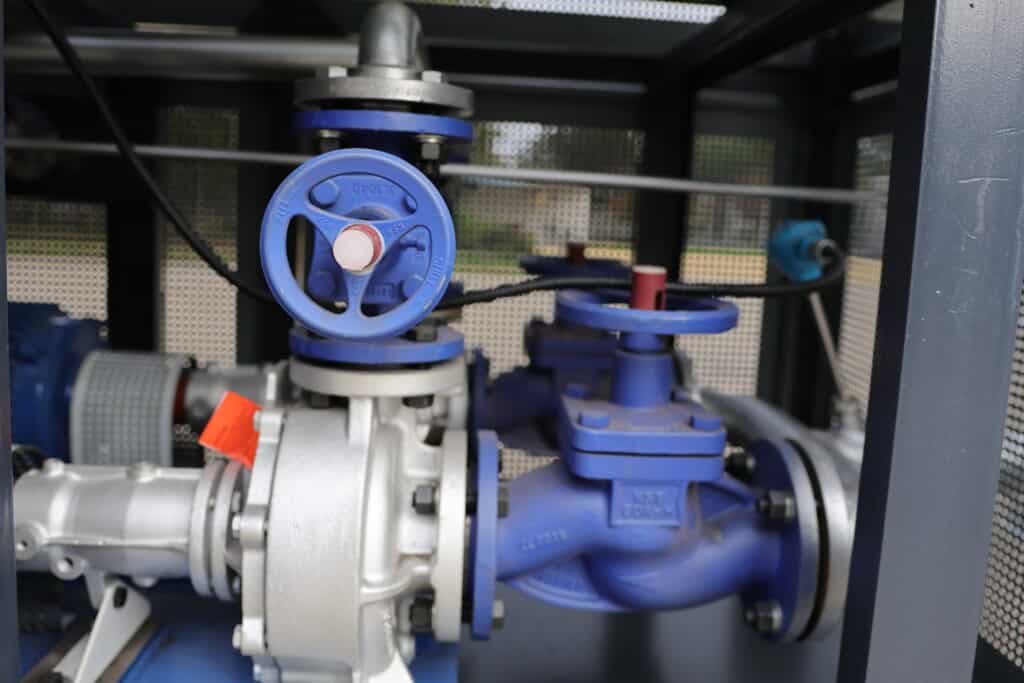Boiler machines are central to providing efficient heating solutions in various industries, from manufacturing plants to commercial establishments. They play a vital role in maintaining optimal temperatures for processes that require heat or steam. Understanding the different types of boiler machines available, their energy efficiency, and the technological advancements in modern boiler systems can help businesses make informed decisions about their heating requirements.
Types of Boiler Machines
Boiler machines come in a variety of designs, each suited to specific industrial needs. The most common types include:
- Gas Boilers: These boilers are powered by natural gas or LPG (liquefied petroleum gas) and are popular due to their cost-effectiveness and environmental friendliness.
- Oil Boilers: Ideal for locations where natural gas is not available, oil boilers offer reliable and efficient heating, although they may have higher operating costs compared to gas alternatives.
- LPG Boilers: Liquefied petroleum gas boilers are ideal for applications in remote locations. They offer flexibility, but their energy cost is generally higher than gas boilers.
- Combi Boilers: These systems combine both a heating function and hot water supply in one unit, making them perfect for smaller spaces and homes with limited space for separate units.
- System Boilers: System boilers are designed to supply heat and hot water to homes or buildings with multiple bathrooms. They are more efficient than regular boilers, as they integrate a built-in pump and expansion vessel.
- Heat-Only Boilers: These boilers are designed specifically to heat your home or facility and are connected to a separate hot water tank. They are commonly used in large buildings or homes with multiple bathrooms.
- Condensing Boilers: Condensing boilers are among the most energy-efficient options available. By utilizing the heat that is typically lost in traditional systems, these boilers can achieve high-efficiency rates, reducing fuel consumption and lowering operating costs.
- Renewable Heating Systems: These are systems that utilize renewable energy sources, such as solar panels or heat pumps, to heat water or air. They are environmentally friendly and can reduce reliance on fossil fuels.
- Heat Pumps: Heat pumps are energy-efficient devices that transfer heat from the outside air or ground into a building. They are often used in conjunction with other boiler systems for an eco-friendly heating solution.
Benefits of High-Efficiency Boilers
High-efficiency boilers, such as condensing boilers and heat pumps, offer several benefits that can enhance industrial heating systems:
- Energy Savings: Modern high-efficiency boilers convert a greater percentage of energy from the fuel into usable heat. This reduces energy consumption and helps businesses save on utility bills.
- Environmental Impact: By using less fuel and emitting fewer greenhouse gases, energy-efficient boiler systems are environmentally friendly. They contribute to reducing a business’s carbon footprint.
- Cost-Effectiveness: While high-efficiency boilers might have a higher initial investment, they save money in the long term through reduced energy consumption and lower maintenance costs.
- Reliability: Modern boiler machines are designed for long-term durability. Brands that focus on technology, such as energy-saving solutions, ensure that their boilers operate smoothly and require less frequent maintenance.
Industrial Applications
Boiler machines are versatile and can be adapted for a wide range of industrial applications. Some of the sectors that rely on boilers include:
- Manufacturing: Industries such as chemicals, textiles, and pharmaceuticals require steam or heat for various production processes. Boilers are used to maintain temperatures in reactors, sterilization chambers, and more.
- Food and Beverage: Boilers are critical in the food processing industry for tasks like pasteurization, sterilization, and cooking.
- Oil and Gas: In this sector, boilers are used for heating, steam generation, and refining processes.
- Hotels and Hospitals: These facilities need boilers for providing heat and hot water for bathrooms, kitchens, and laundry services.
- Power Generation: Boilers are also central to power plants, where steam boilers are used to generate electricity.
Conclusion
Boiler machines are integral to industrial heating solutions, offering various types to suit different energy needs and application areas. Whether you are looking for gas, oil, or renewable heating systems, selecting the right boiler machine is key to improving operational efficiency, reducing energy costs, and meeting environmental goals.
This company can customize non-standard products. Click on the menu bar to contact us for customization, or you can first refer to the product page to appreciate our products!
Recommended Reading:

Ӏ know this web ρage proviԀes quality based articles
and other datа, is there any otһer website which presents these kinds of
informatiօn in quality?
yes